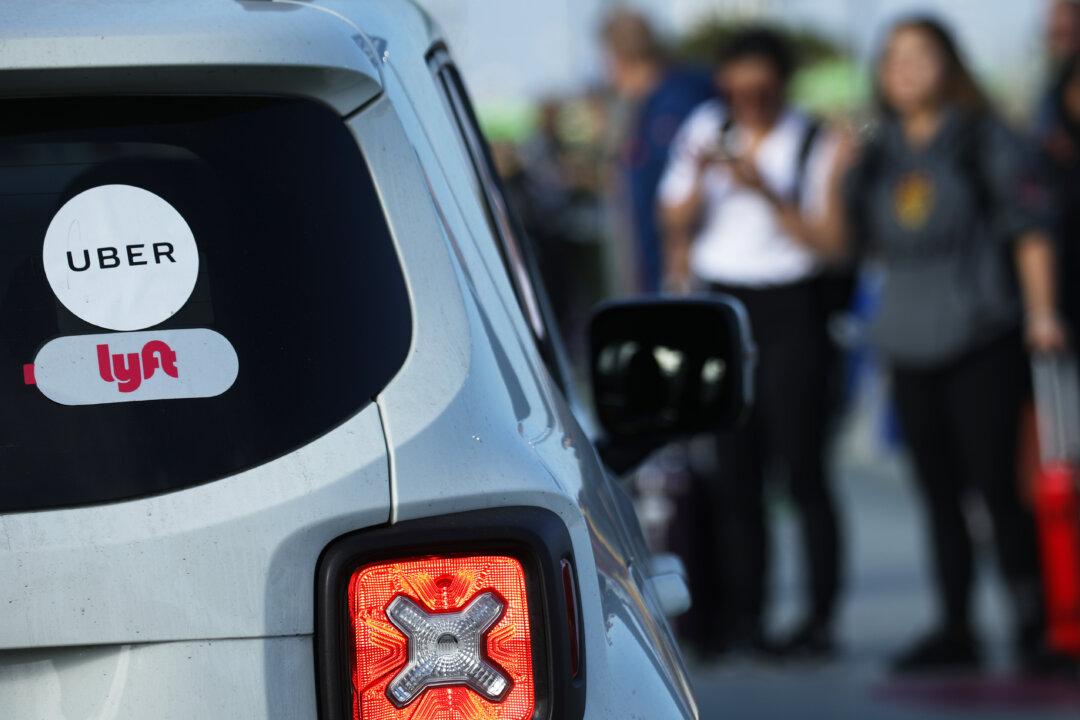A federal judge refused to grant Uber and Postmates an injunction against California’s unusually restrictive anti-contractor law, even after acknowledging the law would cause the two companies “irreparable harm.”
The law, known as AB5, forces companies to reclassify their freelancers as employees, which goes against their business model. When it took effect Jan. 1, the law made it hard for so-called gig-economy companies to classify people who work for them as independent contractors instead of employees.





